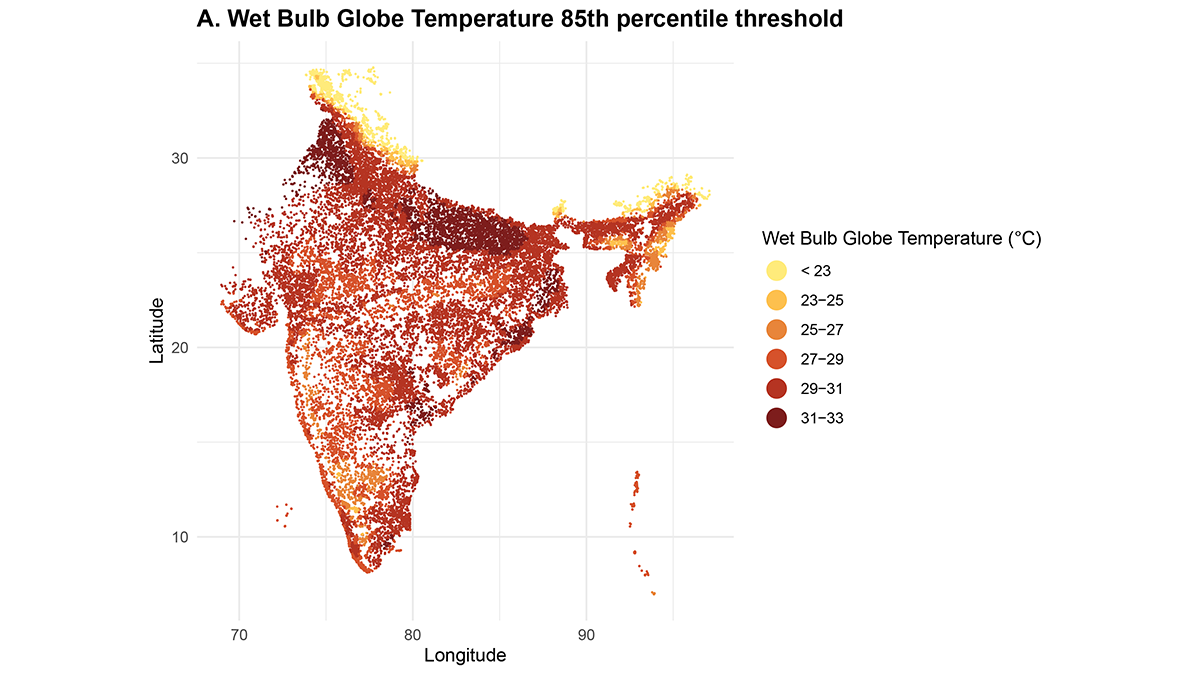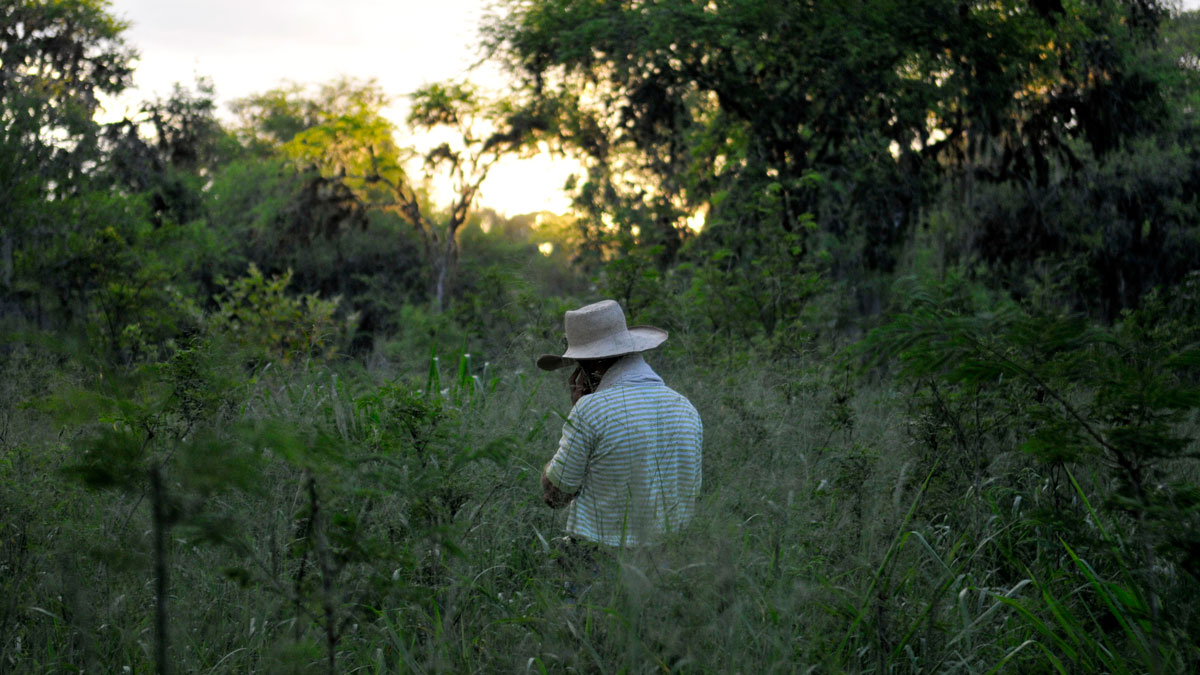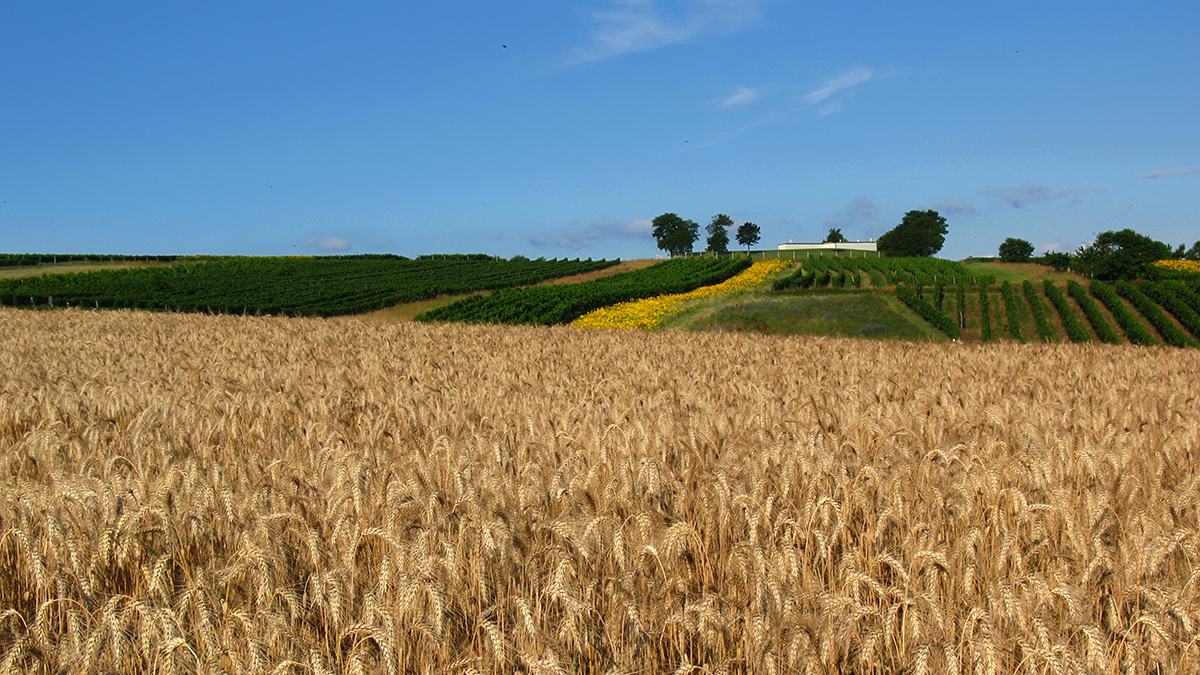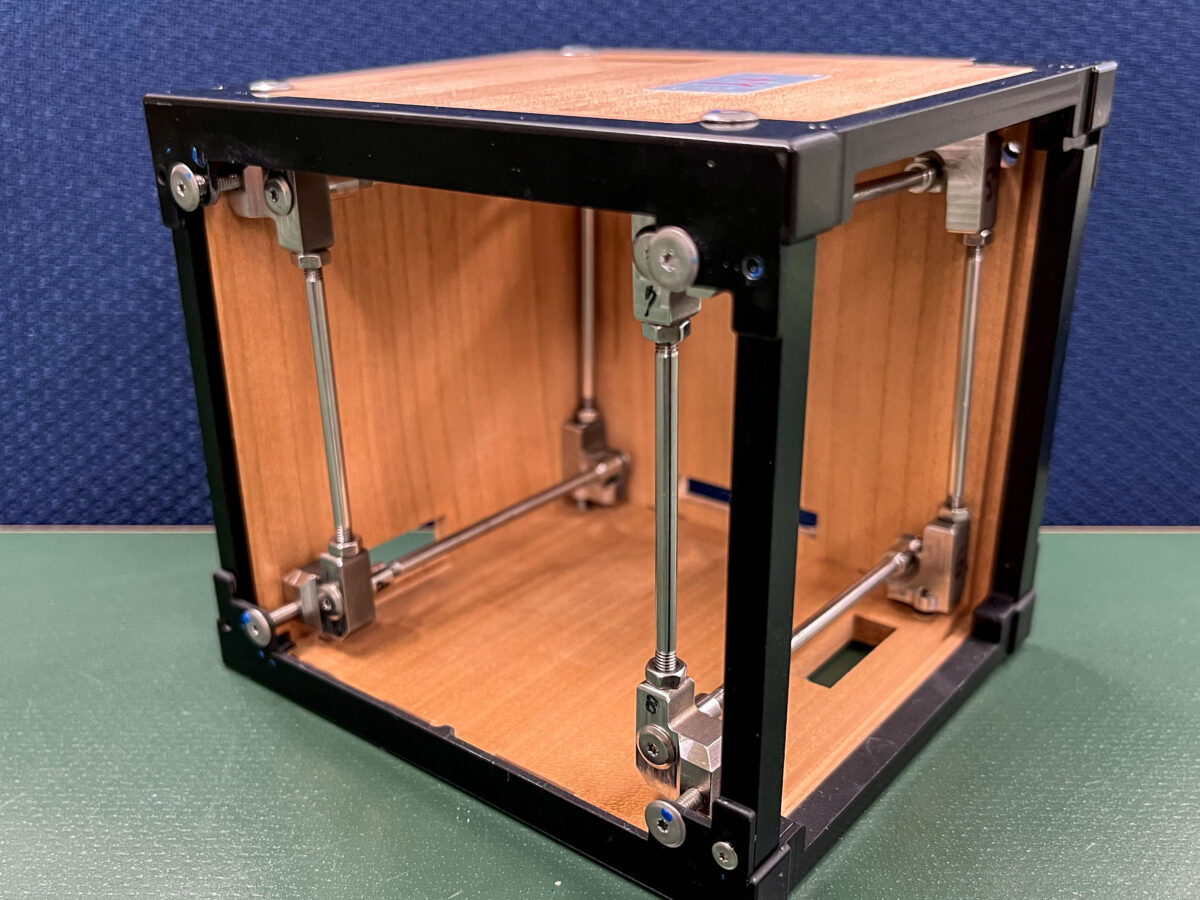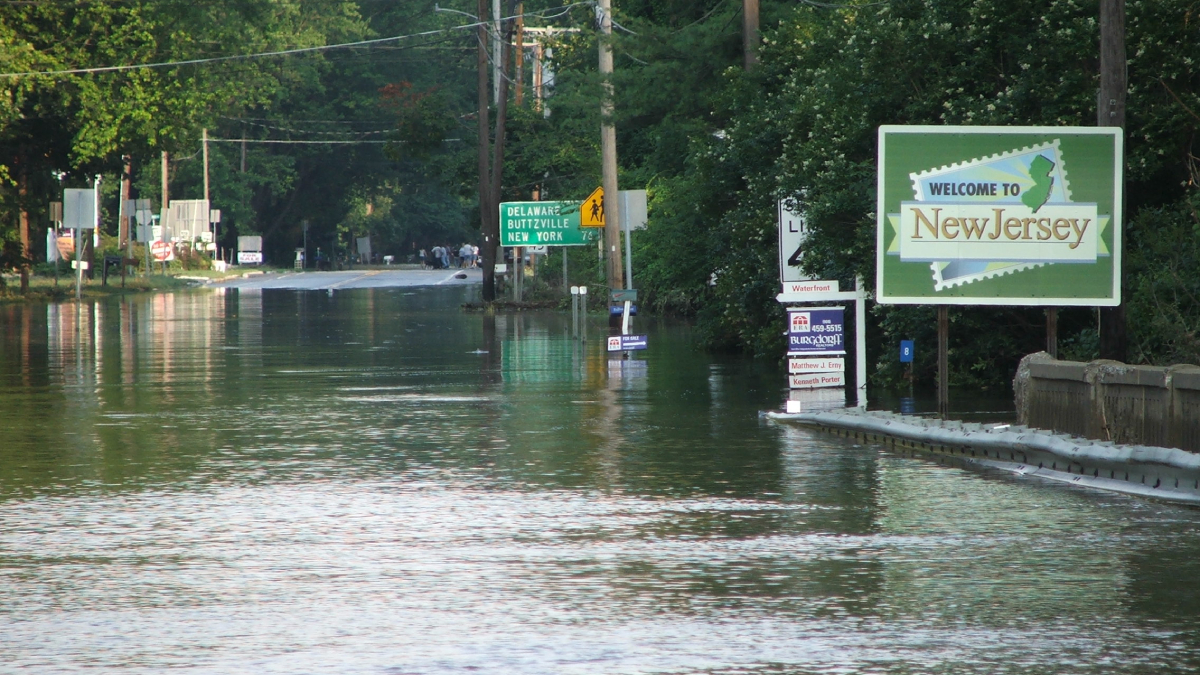Heatwaves in India are associated with increased home births, with differential susceptibilities across regions and populations, threatening maternal and newborn health.
sustainable development
REDD+ Results and Realities
A new study examines the efficacy of REDD+ projects in reducing deforestation and raises questions about the carbon credits the initiative relies on.
Protein-Powered Biosensors with a Nose for Environmental Ills
Odorant-binding proteins derived from pigs, bovines, and other animals are the next frontier in localized, climate-smart sensing of pesticide spills, greenhouse gas precursors, and more.
Balancing Comparability and Specificity in Sustainability Indicators
A new study shows how engaging national stakeholders in Austria helps adapt global sustainability indicators to better reflect regional agricultural priorities, especially social and economic aspects.
A New Satellite Material Comes Out of the Woodwork
With lessons learned from their first attempt, Kyoto University scientists hope a second CubeSat made of magnolia will spark an age of wooden spacecraft.
Deep Groundwater Might Be a Sustainable Solution to the Water Crisis
Scientists are finding fresh groundwater buried deep underground, but questions remain about the scale of these resources, how they’re resupplied, and whether they can be used sustainably.
Road Development May Put Habitats at Risk
New research links road construction with increased urbanization and more fragmented species ranges.
A Major Miner Problem
Economic geology, mining, and mineral resources programs are working to meet the needs of an industry that’s struggling to find employees—at a time when some say they’re needed more than ever.
O Legado Rico em Nutrientes nas Terras Pretas da Amazônia
Os solos férteis de terra preta foram criados através de séculos de uso da terra cuidadosamente administrado. Os cientistas estão colhendo referências desses solos para remover o carbono e melhorar o solo para a agricultura.
Ordinary Policies Achieve Extraordinary Climate Adaptation
Consistently implementing zoning, permitting, and building regulations, all commonplace municipal tools, helped most New Jersey towns avoid floodplain development.

